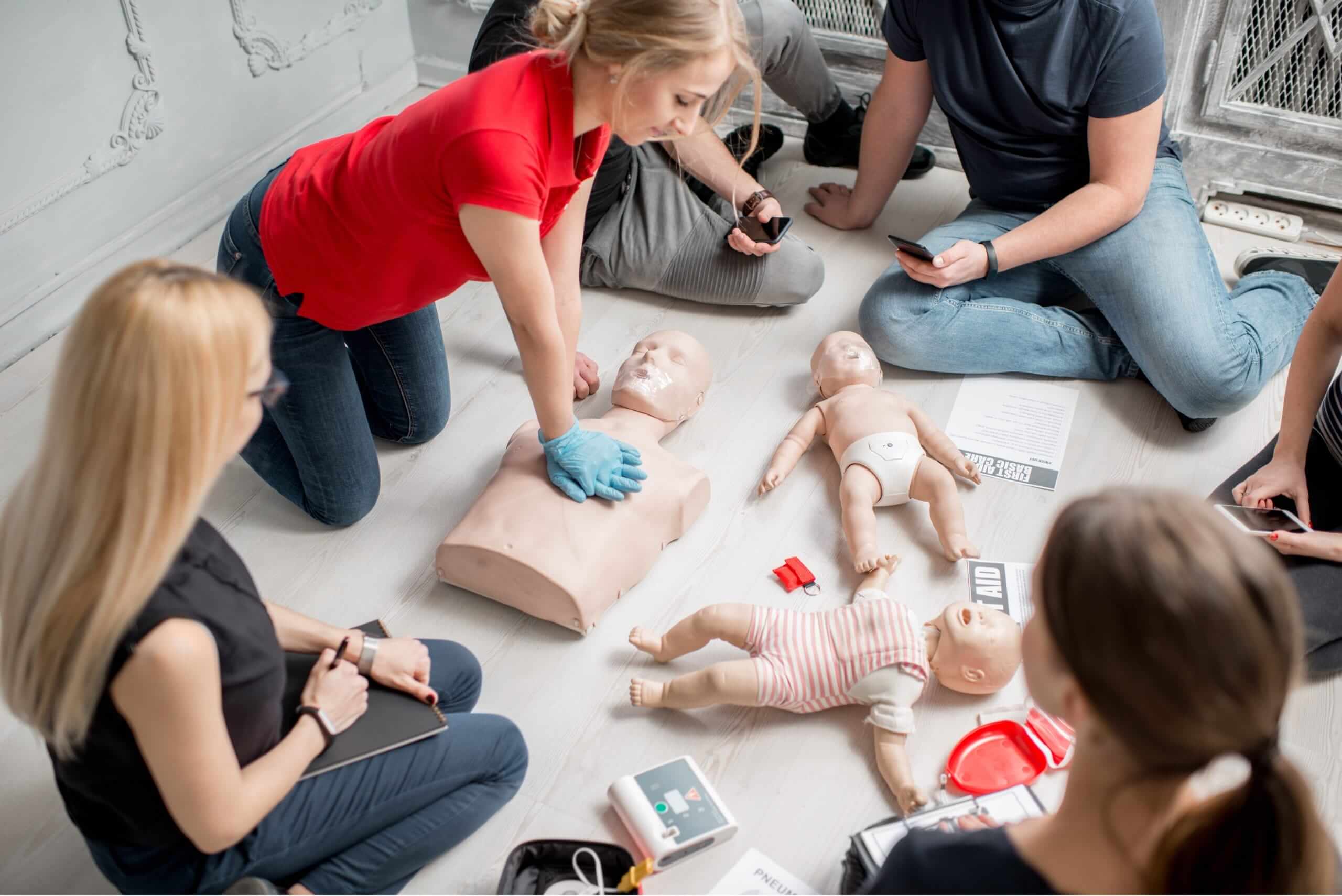How to Look for Infant CPR Classes Near Me in Rural Areas - christiangarden/health-tips-and-ideas GitHub Wiki

Living in a rural area doesn’t mean you have to miss out on essential health and safety education. When it comes to learning infant CPR, a skill that could make all the difference in an emergency, there are practical ways to find the right training, even outside urban centers. With a little patience and creativity, rural residents can access these life-saving classes and build confidence in caring for the youngest members of their communities.
Start by Exploring Local Community Resources
One of the best places to begin your search is close to home. Try searching online for infant CPR classes near me to get a quick overview of local options. Check-in with local health departments, community centers, and libraries, which often serve as hubs for educational programming. While they may not advertise infant CPR classes on a regular basis, they may have contacts who can point you in the right direction or know when a session is scheduled. Even if they don’t currently offer training, they may be able to organize one upon request if there’s enough interest in the area.
Ask Around Within Your Social Circles
Word of mouth remains a powerful tool, especially in smaller towns. Parents, childcare workers, or teachers in your area may already have gone through infant CPR training and can share where they took it. Sometimes, local organizations or schools host private sessions for staff or families and are open to including others if asked. Reaching out to people in your network, both in person and on local social media groups, may uncover opportunities that aren’t widely publicized.
Look for Nearby Sessions in Neighboring Towns
If your immediate area doesn’t have an upcoming class, consider checking nearby towns or counties. A short drive might lead you to a training opportunity. Regional hospitals or clinics, even those an hour away, often hold periodic classes and may be worth contacting directly. While travel adds an extra layer of planning, the peace of mind that comes with being prepared can outweigh the inconvenience.
Explore Online and Hybrid Learning Options
While hands-on practice is ideal, some CPR education programs now offer hybrid models that begin with online modules and conclude with an in-person skills assessment. This format can reduce travel time and make scheduling easier. These programs are especially useful in rural settings where traditional in-person sessions may be limited or infrequent. Look for courses that follow established guidelines and provide a chance to ask questions and get instructor feedback.
Connect With Local Emergency Services
Fire departments, paramedics, and other first responders in rural areas often have access to CPR training resources. They may run community classes themselves or collaborate with certified instructors to host them. Even if they don’t currently offer infant-specific CPR training, they can often recommend someone who does or provides insight into upcoming community health events where training might be available.
Be Willing to Organize a Group Session
If you can’t find a convenient class nearby, consider gathering a few other parents or caregivers and organizing a group session. Instructors are often willing to travel to teach in rural settings if there’s enough interest. Coordinating with a local facility like a church hall or daycare center can help make this happen. Taking the lead on this not only helps you get the training you need but also benefits others in your community.
Finding infant CPR classes in rural areas may take a bit more legwork, but it’s entirely possible with the right approach. By using local connections, being open to travel, and exploring flexible learning formats, you can equip yourself with the knowledge and skills to act confidently in an emergency. One excellent resource to consider is CPR Education, located at 1825 Mt. Diablo Blvd, Suite B, Walnut Creek, California, USA, 94510. They can be reached at [email protected] or 925-335-6076 and are known for their supportive, high-quality instruction that empowers parents and caregivers. In a setting where emergency services may be farther away, that preparation becomes even more meaningful and potentially life-saving.